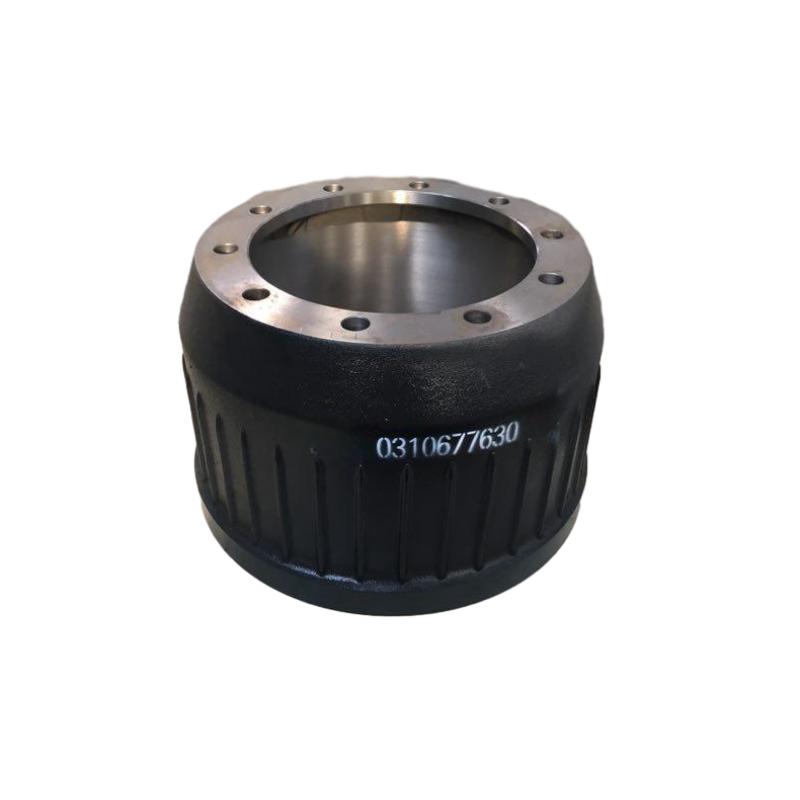জুলাই . 28, 2024 09:07 Back to list
Understanding the Causes and Solutions for Brake Drum Squeal in Vehicles and its Impact on Performance
Understanding Brake Drum Squeal Causes and Solutions
Brake drum squeal is a common issue that many drivers encounter, often described as a high-pitched squeaking or screeching noise that occurs when the brakes are applied. While it can be a minor annoyance, understanding its causes and potential solutions is essential for maintaining safety and the integrity of the braking system. In this article, we will explore the reasons behind brake drum squeal and how to address it effectively.
Causes of Brake Drum Squeal
1. Friction Material Composition One of the primary reasons for brake drum squeal is the type of friction material used in brake shoes. Organic and semi-metallic materials can produce noise due to their different physical properties. As the brake shoes press against the drum, the interaction can create vibrations that result in noise. High metal content in the friction material tends to generate more noise than organic counterparts.
2. Moisture and Debris Accumulation of moisture, dirt, and debris within the brake drum can contribute to squealing. When the brakes are engaged, the debris can interfere with the normal contact between the shoes and drum, generating noise. Moreover, moisture can lead to rust, further increasing the chance of squeal.
3. Improper Installation or Wear If brake components are not installed correctly or if they have worn out beyond their service limits, squealing can occur. Misalignment of the brake shoes or inadequate adjustment can prevent proper contact with the drum. Additionally, worn-out brake shoes or drums can lead to uneven surfaces that cause noise when brakes are applied.
4. Lack of Lubrication Areas where metal components come into contact should be lubricated appropriately to reduce friction. If the backing plate, adjusters, or other moving parts lack lubrication, it can lead to squealing as these components rub against each other.
5. Glazing Glazing occurs when the brake shoes or drums become overheated and develop a hard, shiny surface. This condition reduces friction and can cause the brakes to squeal when engaged. Glazing often results from prolonged or excessive braking, leading to overheating.
brake drum squeal

Solutions to Brake Drum Squeal
1. Regular Maintenance The best way to prevent brake drum squeal is through regular maintenance. Periodically inspecting brake components, including shoes, drums, and hardware, ensures that any wear or damage is addressed before it leads to squealing.
2. Choosing the Right Brake Shoes When replacing brake shoes, select a friction material that is appropriate for your vehicle and driving conditions. Options such as ceramic or premium organic materials can provide quieter operation compared to standard semi-metallic shoes.
3. Cleaning and Lubrication Keeping the brake assembly clean from debris and moisture is essential. Regularly cleaning the interior of the drum and applying suitable lubricants to moving parts can help minimize noise. Be cautious not to apply grease to the friction surface of the shoes or drums, as this can severely affect braking performance.
4. Resurfacing or Replacing Drums If the brake drums are worn or glazed, resurfacing them can restore their function. However, if drum thickness is insufficient after resurfacing, replacing them is the best option to ensure optimal brake performance and eliminate noise.
5. Professional Inspection If you encounter persistent brake squeal, having a professional mechanic inspect your braking system can uncover underlying issues that may not be apparent. They can provide expert recommendations and perform necessary repairs or adjustments.
Conclusion
Brake drum squeal, while often overlooked, is an important aspect of vehicle maintenance that should not be ignored. Understanding its causes and implementing proper solutions can enhance both the performance and safety of your vehicle. By taking proactive measures and conducting regular maintenance, drivers can minimize brake noise and ensure a smoother, quieter ride.
-
High-Performance Brake Drum Liza Durable Drum Brake Solutions
NewsMay.18,2025
-
Brake Drum Liza High-Quality Drum Brake & Shoe Compatibility
NewsMay.18,2025
-
Brake Drum Liza High-Quality Drum Brake Components & Shoes
NewsMay.18,2025
-
IVEKO High-Performance Brake Drums Durable & Precision-Engineered
NewsMay.17,2025
-
Brake Drum Man High-Quality Drum Brake & Shoe Solutions
NewsMay.17,2025
-
Brake Drum Man Premium Drum Brake & Shoe Solutions OEM-Compliant
NewsMay.16,2025
